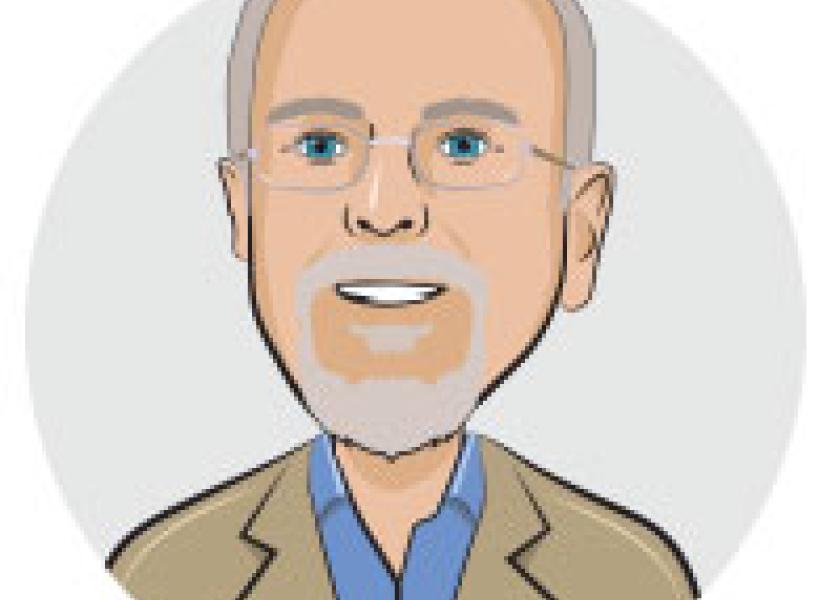Global Regions Report Beef-Sustainability Progress

When the Global Roundtable for Sustainable Beef (GRSB) formed in 2012, participants quickly realized sustainability goals, practices and measurements would need to reflect regional differences in beef-production environments. Practices deemed sustainable in tropical environments could differ significantly from those in colder regions, and vice-versa. Even within a country such as the United States, production environments vary widely between regions, such as the subtropical Southeast versus the arid West.
A new report issued following the GRSB’s third Global Conference on Sustainable Beef, held in Ireland in early October, reflects those regional differences and reports on progress based on regional goals and measurements. The conference attracted participants from more than 20 countries, and the report includes descriptions of initiatives and progress from regional roundtables including the United States, Canada, Australia, Europe, Brazil, Argentina, Paraguay, Columbia, New Zealand and South Africa.
Some U.S. beef producers remain skeptical about the GRSB, the affiliated U.S. Roundtable for Sustainable Beef (USRSB) and the sustainability issue overall. Much of that skepticism stems from differences in the ways various groups and individuals perceive and define “sustainability” in agriculture. Some activist factions view sustainability strictly in terms of environmental conservation, and favor production practices of our grandparents’ era. Fortunately, the GRSB recognizes that sustainability requires social responsibility and economic viability along with environmental soundness.
The group overall understands that modern technologies that improve production efficiencies can reduce beef’s environmental “footprint” while also meeting society’s expectations and, importantly, providing opportunities for producer profits and economic viability. They’ve also adopted a strategy of measuring and tracking improvement, using metrics appropriate to individual regions, rather than setting universal goals or unrealistic benchmarks.
Some producers also worry that the membership list includes environmental groups such as the National Wildlife Federation and World Wildlife Fund. Those members though, have worked constructively alongside livestock organizations such as the National Cattlemen’s Beef Association and the Canadian Cattlemen’s Association. The GRSB membership list also includes companies that supply critical inputs, such as Merck Animal Health, Elanco, Dow, Bayer Animal Health and Zoetis. The list also includes heavy hitters among your customers, such as McDonald’s, JBS, Cargill, Costco and others.
All those organizations face public pressures to demonstrate their contributions to sustainable supply chains. That trend won’t change. In 2018, the Canadian Roundtable for Sustainable Beef launched its Certified Sustainable Beef Framework, which will enable a certification process for beef marketed as sustainable. Before long, we could see labels for beef “produced through verified sustainable supply chains” alongside “natural,” “organic” or “raised without hormones or antibiotics.”
You might not like it, but now is a good time to begin documenting sustainable practices and establishing measurable benchmarks to demonstrate improvement.
Read the full 2018 GRSB Sustainability Report.







